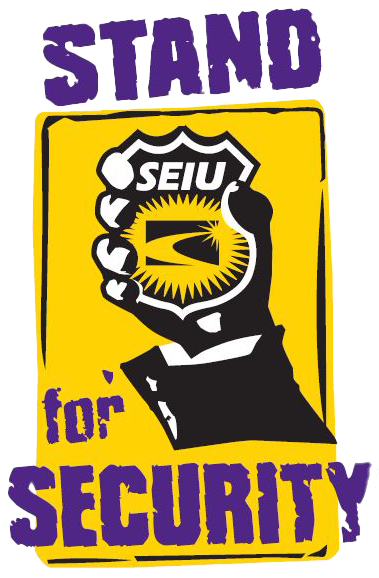Last winter, Security Officer Najma Mohammed started working for Security Industry Specialists, Inc., SIS, the company Amazon employs to keep its downtown Seattle tech campus safe.
She was excited about the job at first—the starting wage was good, and she got paid every week. But in less than a month, she began to question the management culture at SIS.

“There wasn’t good leadership. Some supervisors showed favoritism to specialists and that effected everyone else. You couldn’t go to one supervisor about another supervisor’s behavior because they had each other’s backs.”
Take a second to support SIS security officers.
Najma needed help from her supervisors as the winter got colder and she was assigned garage duty. She was allowed to use space heaters near her post but they did little to combat Seattle’s freezing winter weather. On top of that, she was not allowed to wear additional layers over her uniform.
She got sick, and then very sick. Her doctor told her she had bronchitis, and ordered her to stop working in the garage until it cleared up.
Najma gave HR a letter from her doctor notifying them that for health reasons, she needed to work indoors for the time being.
She waited, but her schedule did not change.
Najma was still assigned to the garage. Again, she turned to her supervisors for help. There answer was to send her to a new post, where she was supposed to ask the assigned indoor officer to switch and cover her outside shift.
This went on for weeks.
Najma’s relationships with her coworkers grew tense. Her work environment grew antagonistic .
Finally, Najma scheduled a meeting with HR. Just before her appointment, one of her supervisors urged her not to talk to HR, but to let them handle it themselves. She agreed.
Three days later, Najma was fired. The official reason was that she’d failed an audit a month and a half earlier—it was the only one she’d ever failed, and her supervisor had assured her at the time that it was a learning experience.
Najma believes SIS officers need the power of a union to protect them from unfair situations like this. If Amazon would hold its security contractor accountable, officers like Najma would have support when they try to make workplace improvements, or simply take care of their own health.
